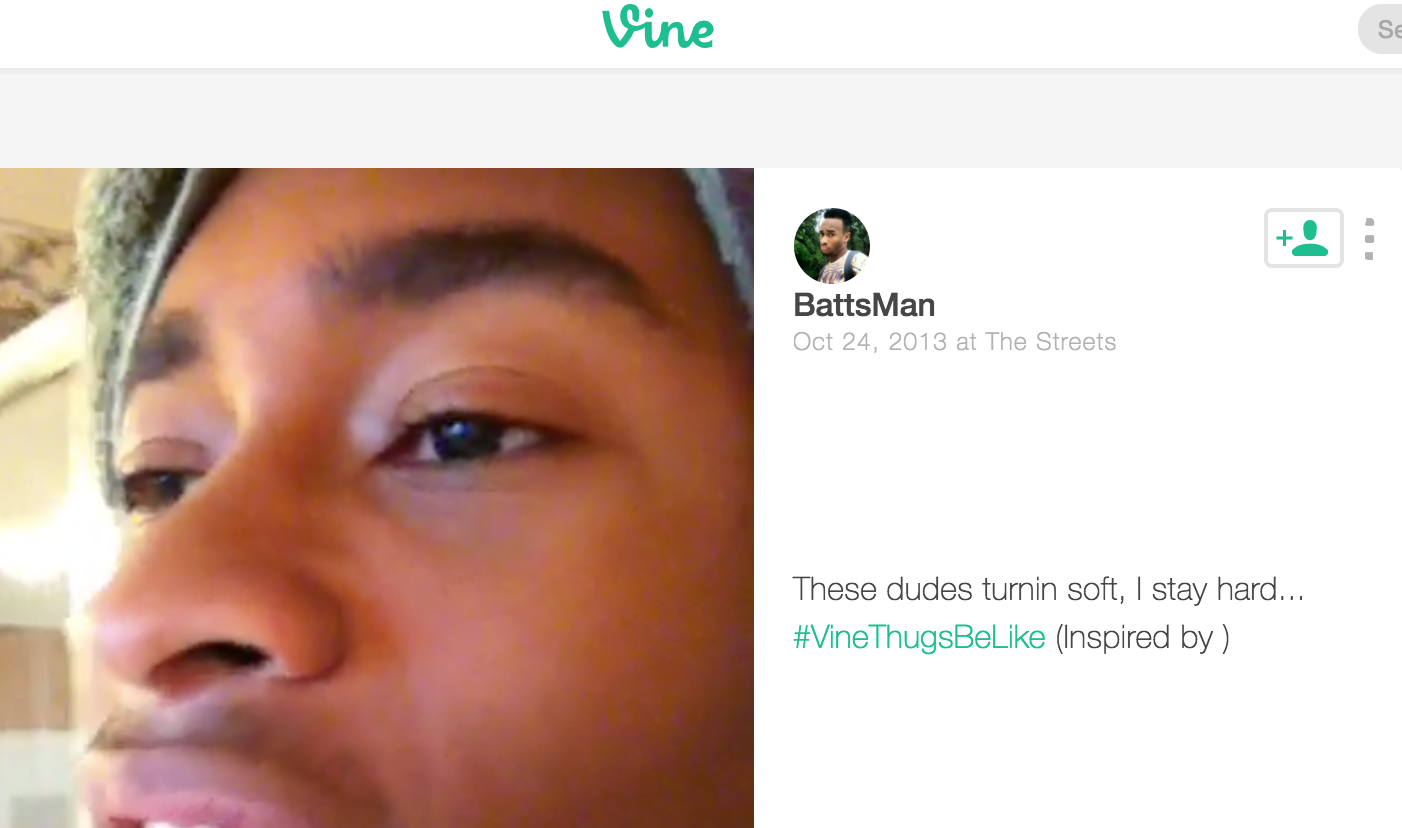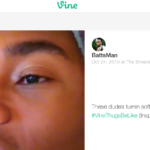by Karen Marks
On Thursday, October 27, Twitter announced that over the next few months it would phase out the video app, Vine, due to financial reasons. After ten months of foolishness including a plague of clowns and a looming election that satirizes itself, 2016 still manages to outdo itself. While Vine wasn’t necessarily a social media app in the broad sense of the word, it was the app we never knew we needed. For example, without vine I run the risk of actually applying for summer internships this semester instead of looping the same six seconds of a potato attached to an overhead lamp while a viner sings Frank Ocean in the background.
But despite this inconvenience to myself and other students who spend too much time on the internet, it is also worth it to note that Ferguson protesters in 2014 used Vine to post videos of protest and police brutality when even Twitter didn’t have a video player. Vine acted as agent of activism and provided a safe space for young black and brown people to express themselves whether through humor or a six second video of riot police. While the format of Vine didn’t allow much for direct contact between users (there was no way to reply to videos, and one could easily scroll past comments on videos), it eliminated the issue of anonymity that would trolls and cyberbullies to prosper on Facebook and Twitter. It was on Vine that Kayla Newman informed the world that her eyebrows were “on fleek,” a phrase which we in part, don’t want to hear again, but also is now used by makeup companies to promote eyebrow gels, pomades, & powders. Most of the Vine-inside jokes and memes stemmed from black dance, music, and vernacular language (and saved us from the 2012 hell in which we placed text over badly drawn “derp-faces” and called them memes).
While many white Vine creators have managed to whip, nae nae, and juju (on or off the beat) their way into music contracts and talk show slots, black Vine creators become another link in the chain of entertainment using black culture without regard for black labor (see: blues, jazz, rock and roll). While Kayla Newman, for example, never received compensation for companies’ use of “on fleek,” the least Twitter could do is continue to provide a platform for black teenagers in mainstream media. For the time being, some Vine creators have moved to Snapchat or Youtube, hopefully temporarily filling the meme vacuum.



